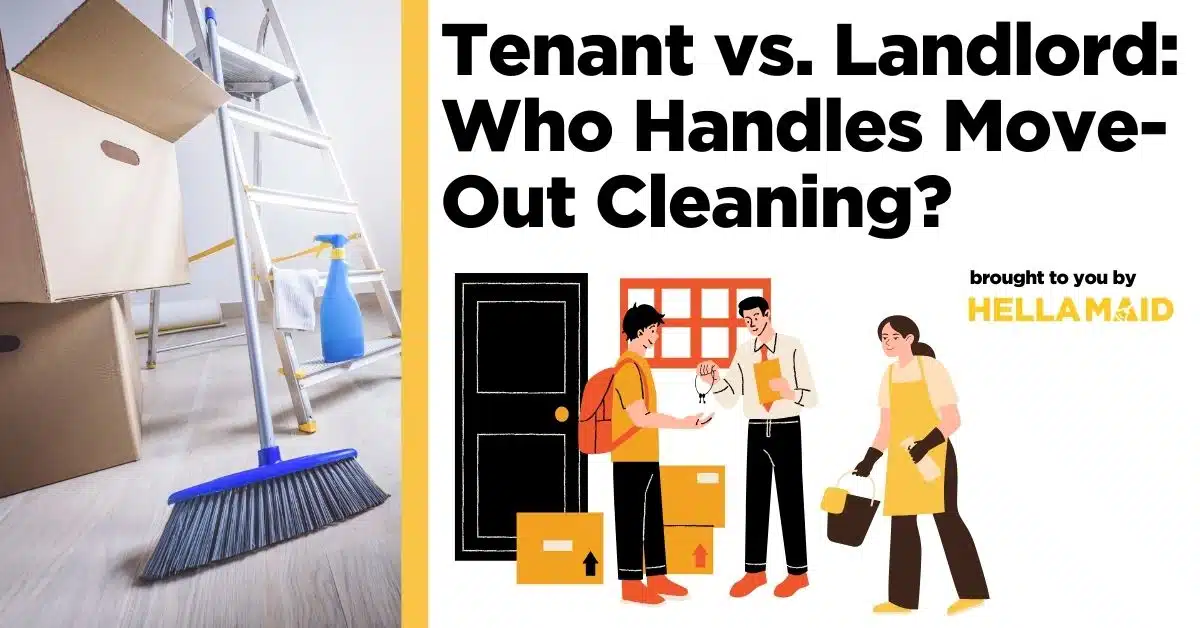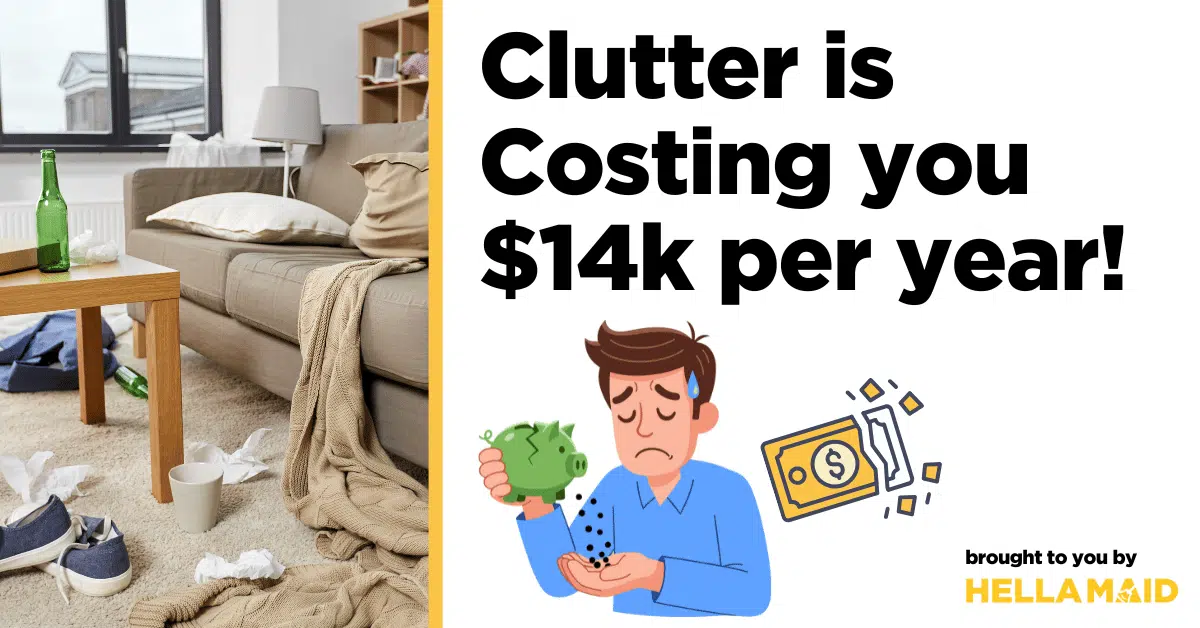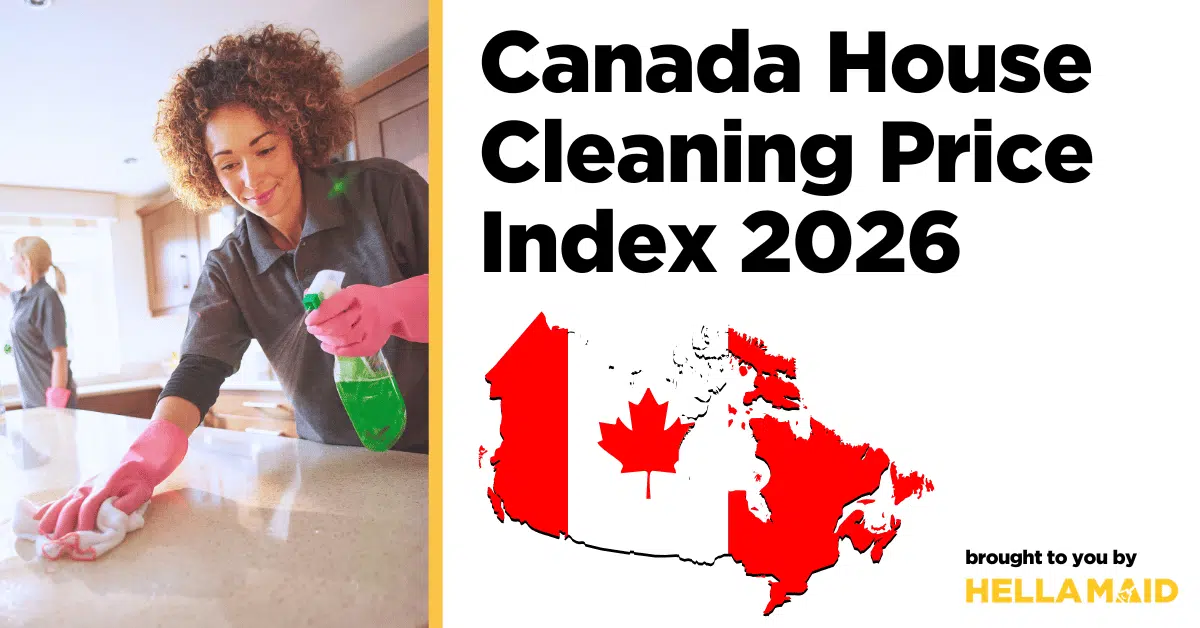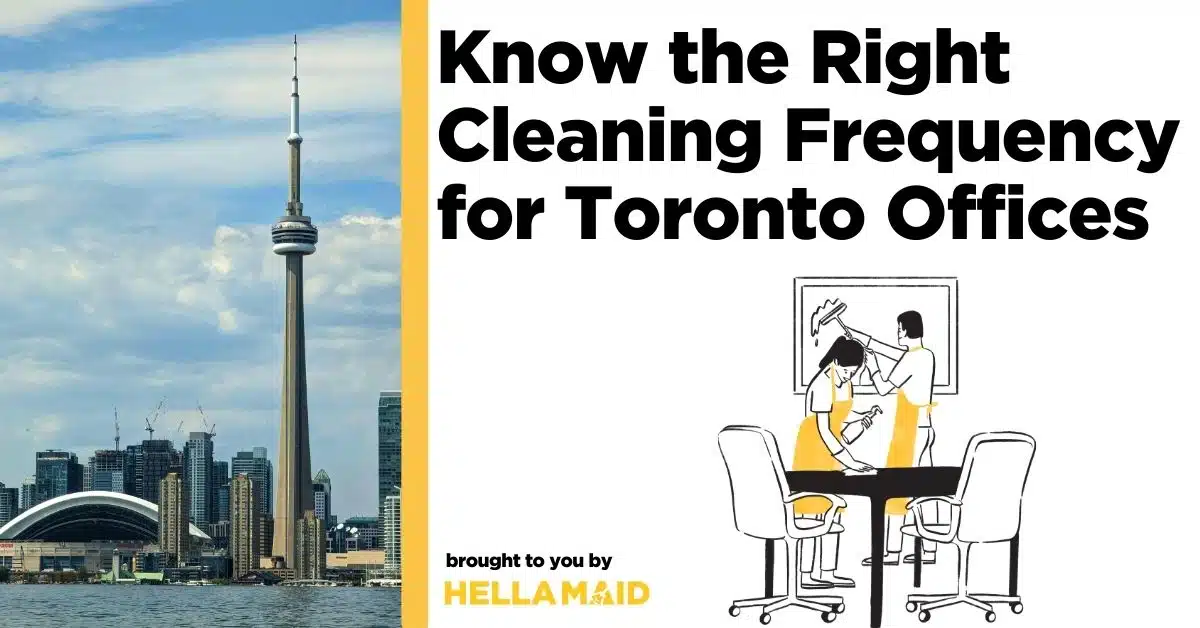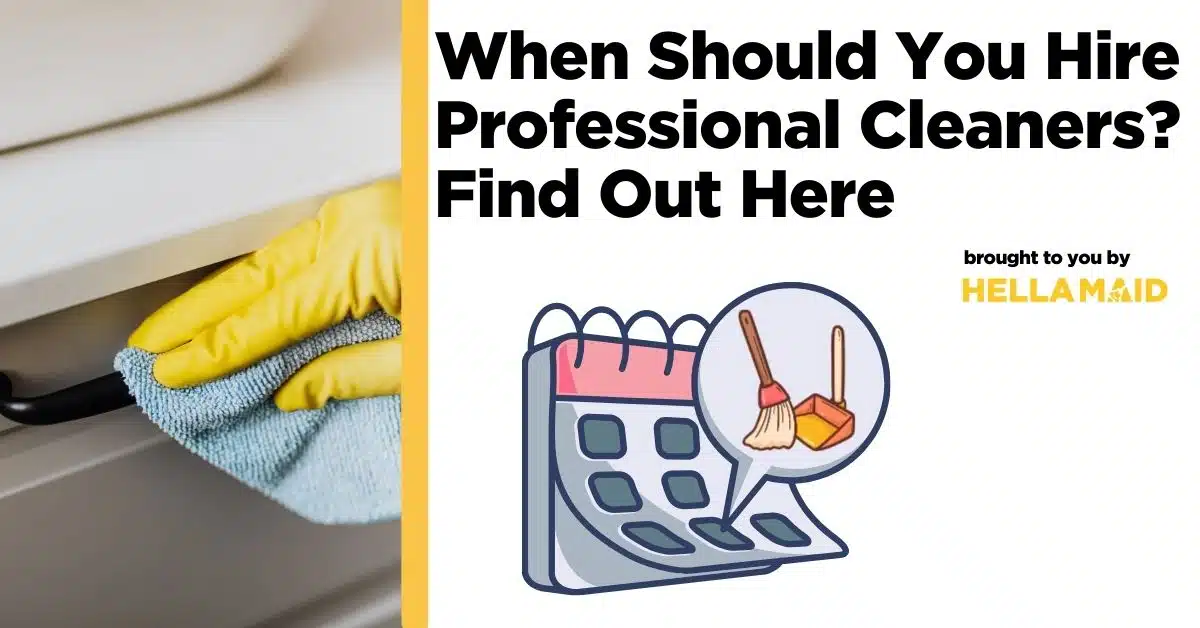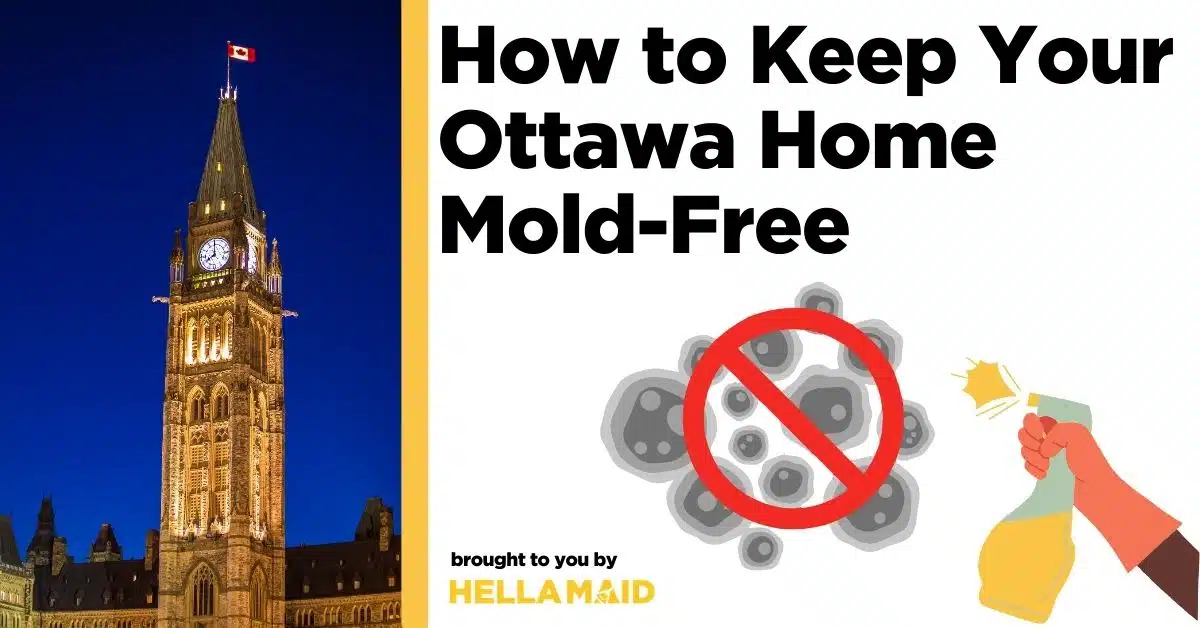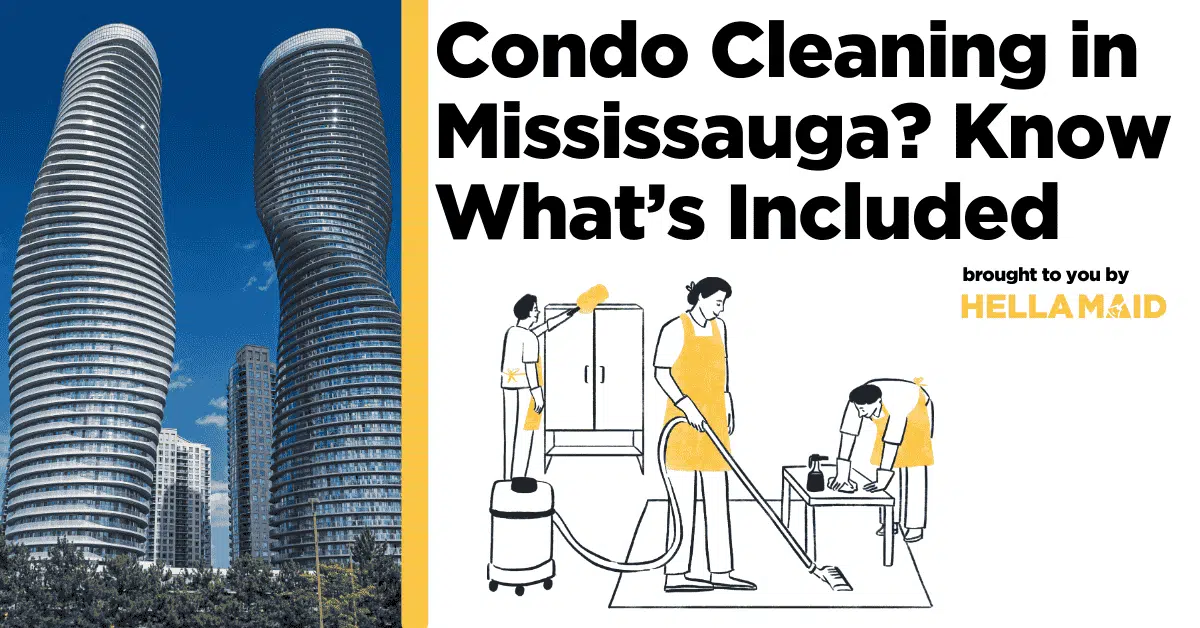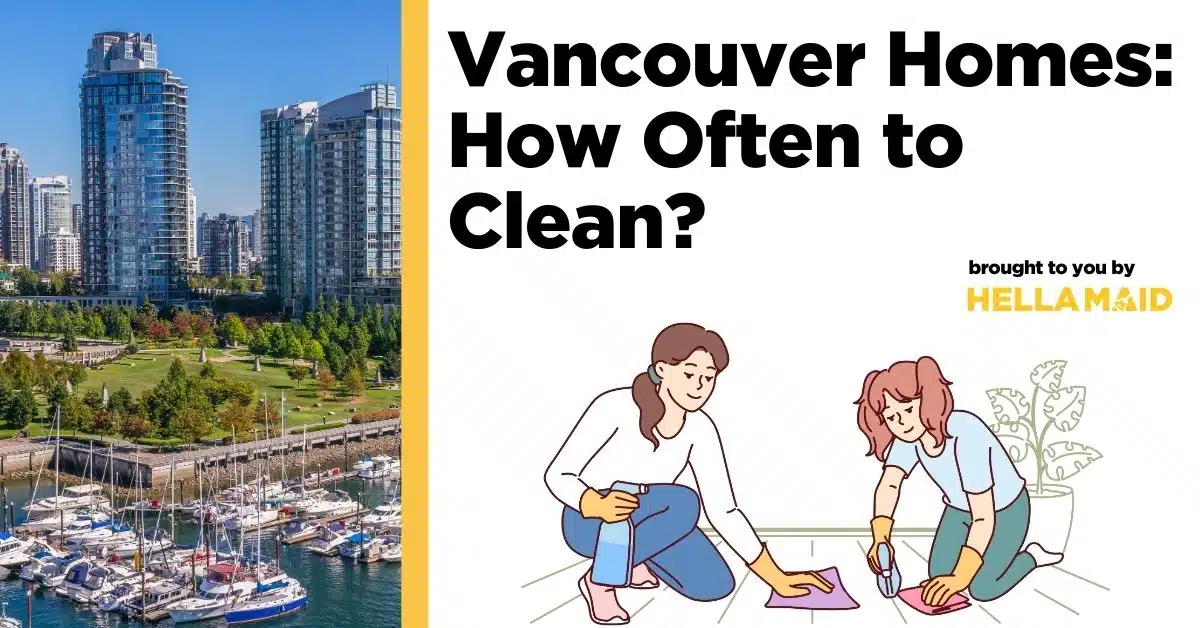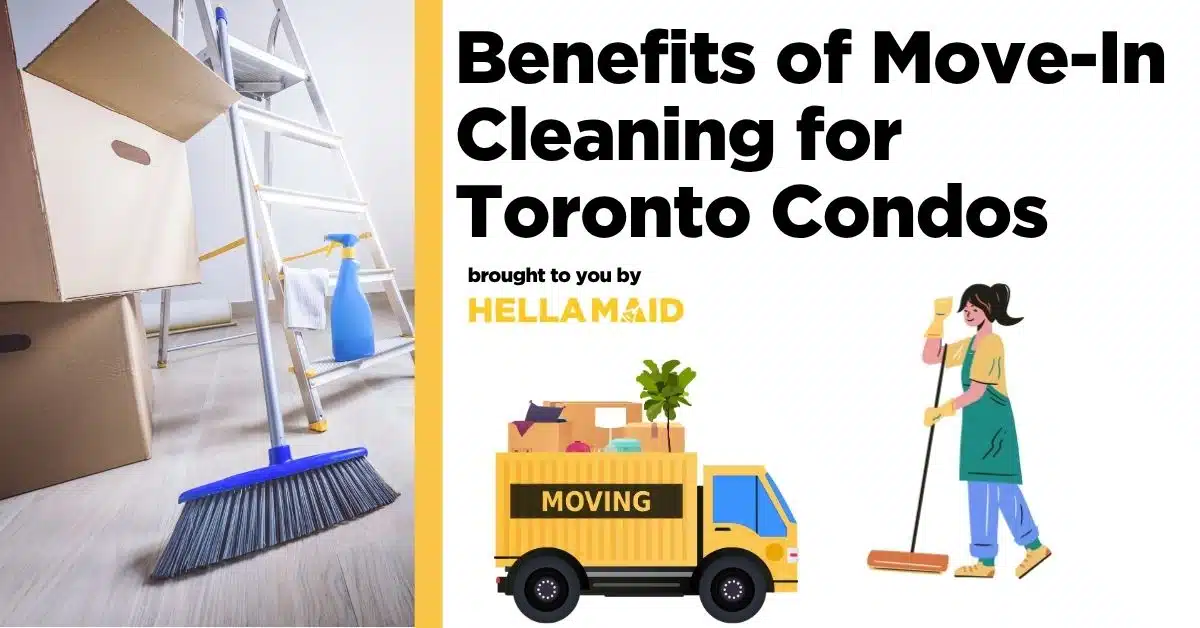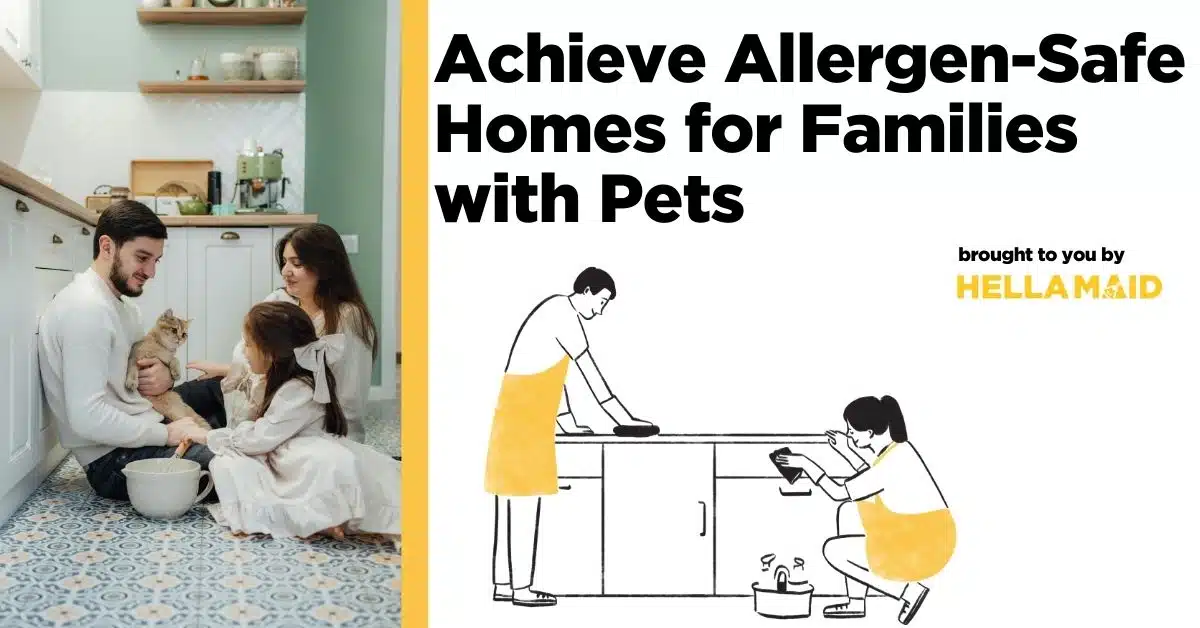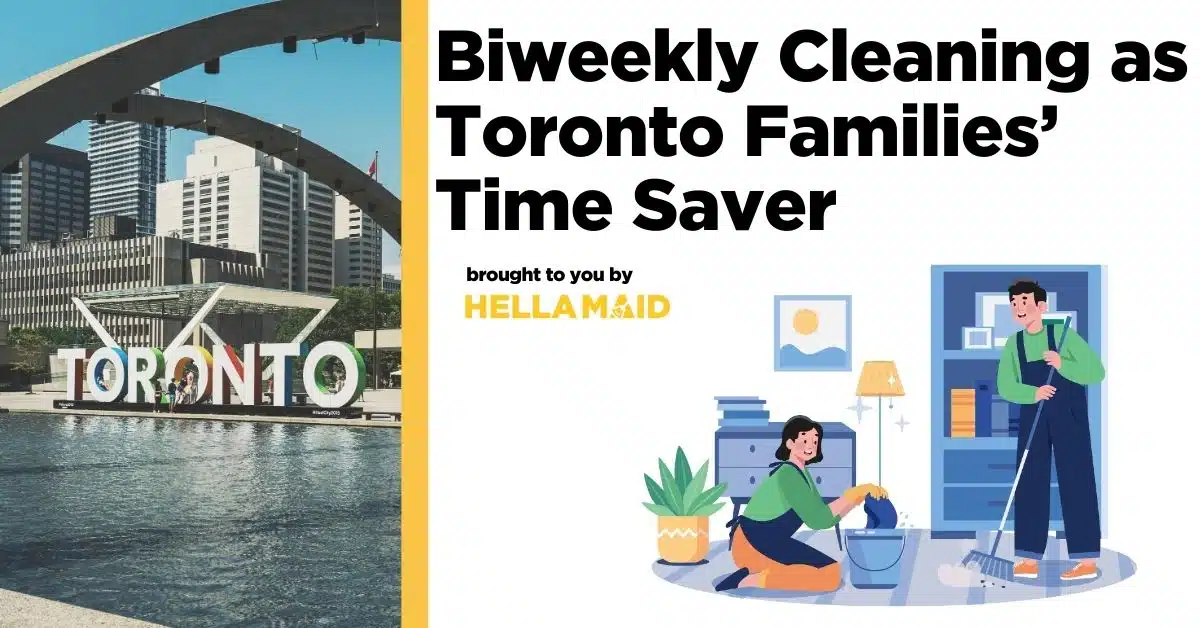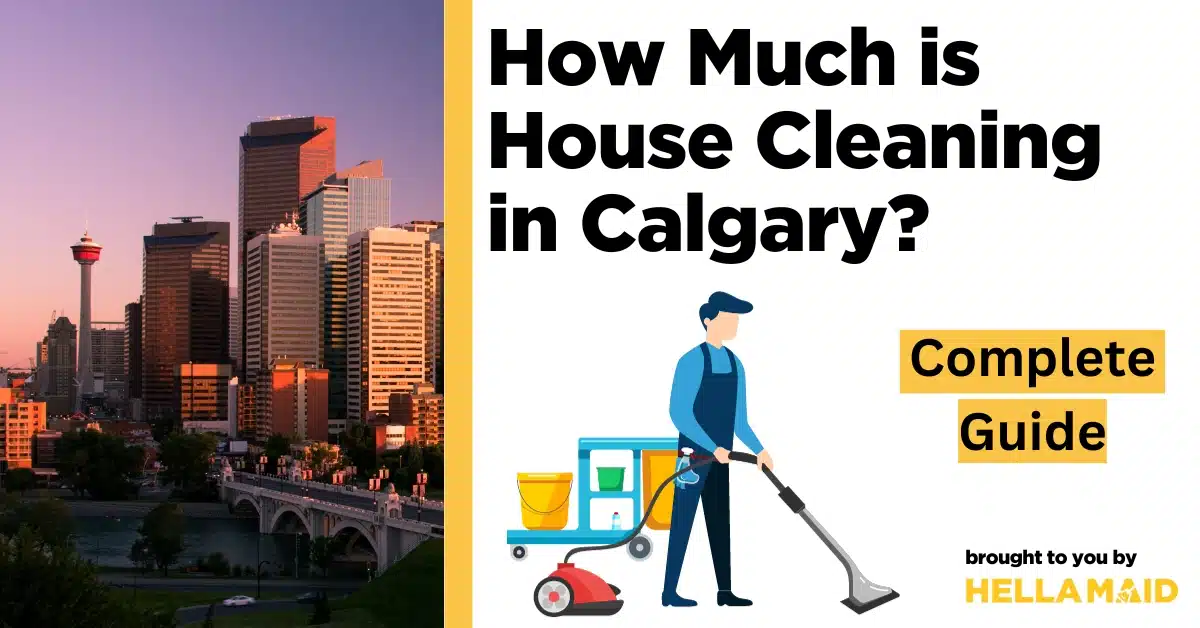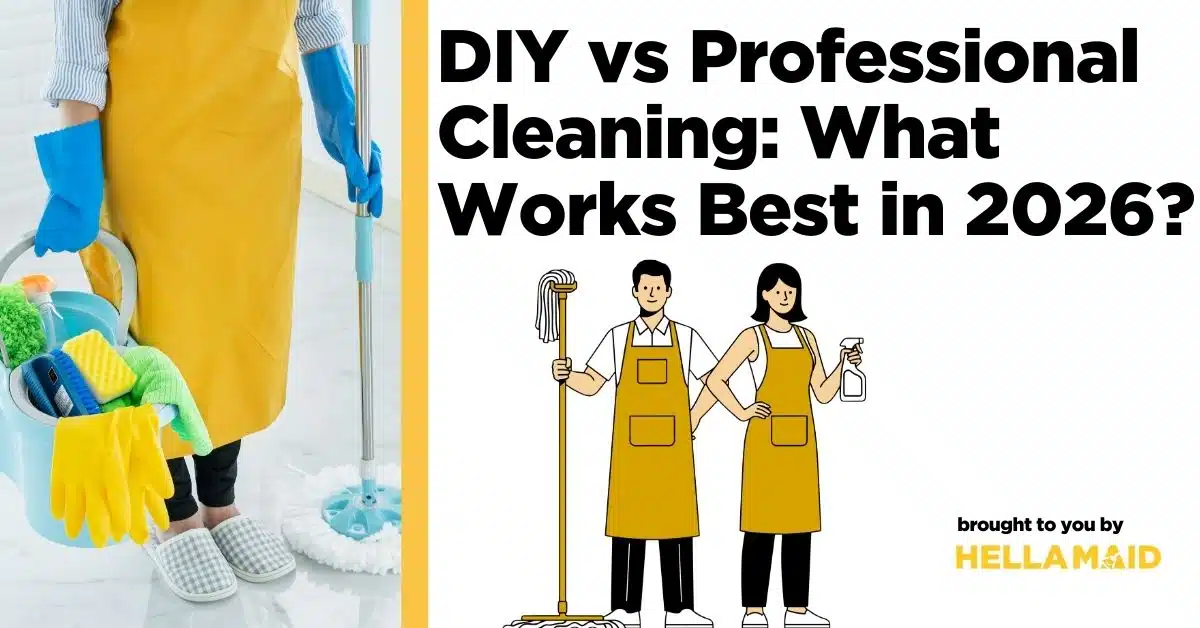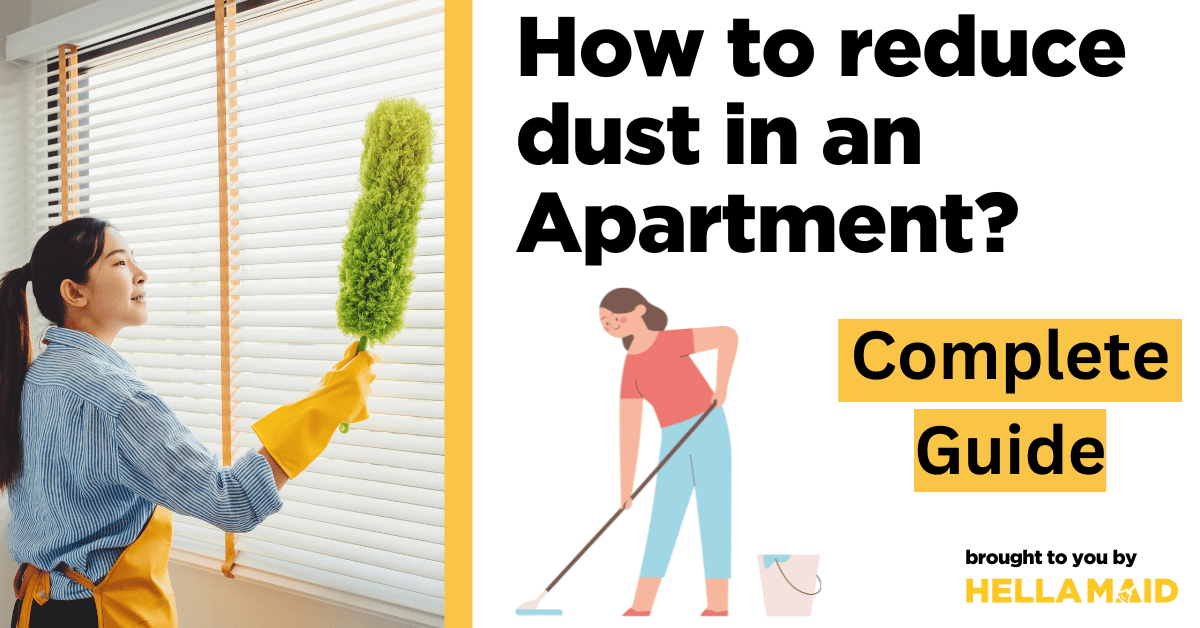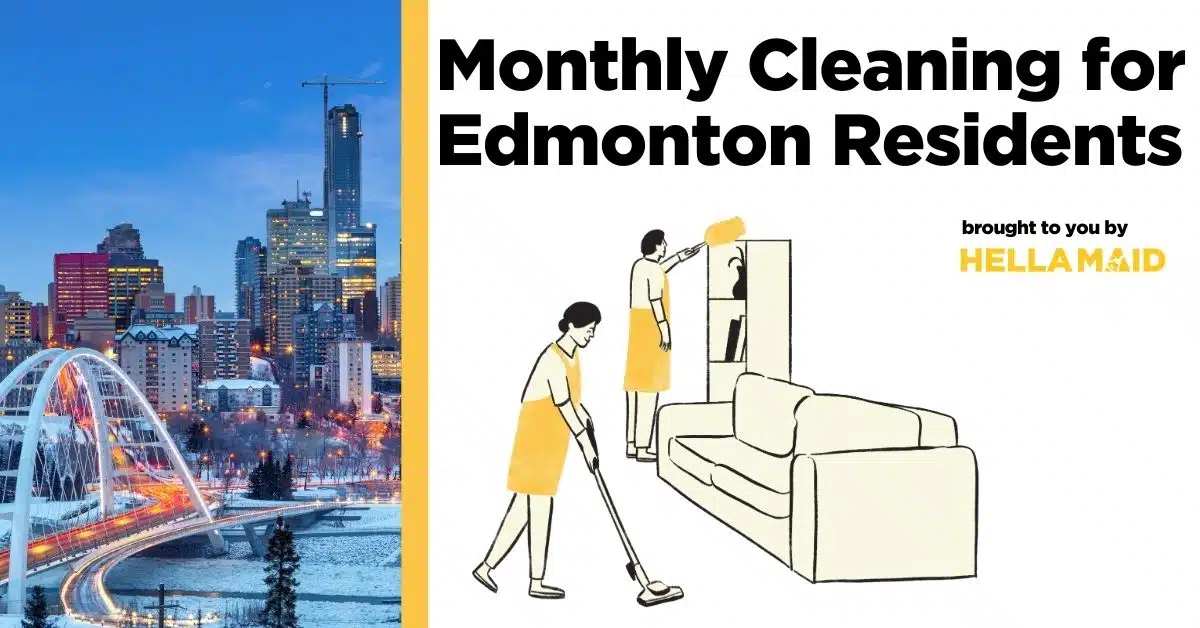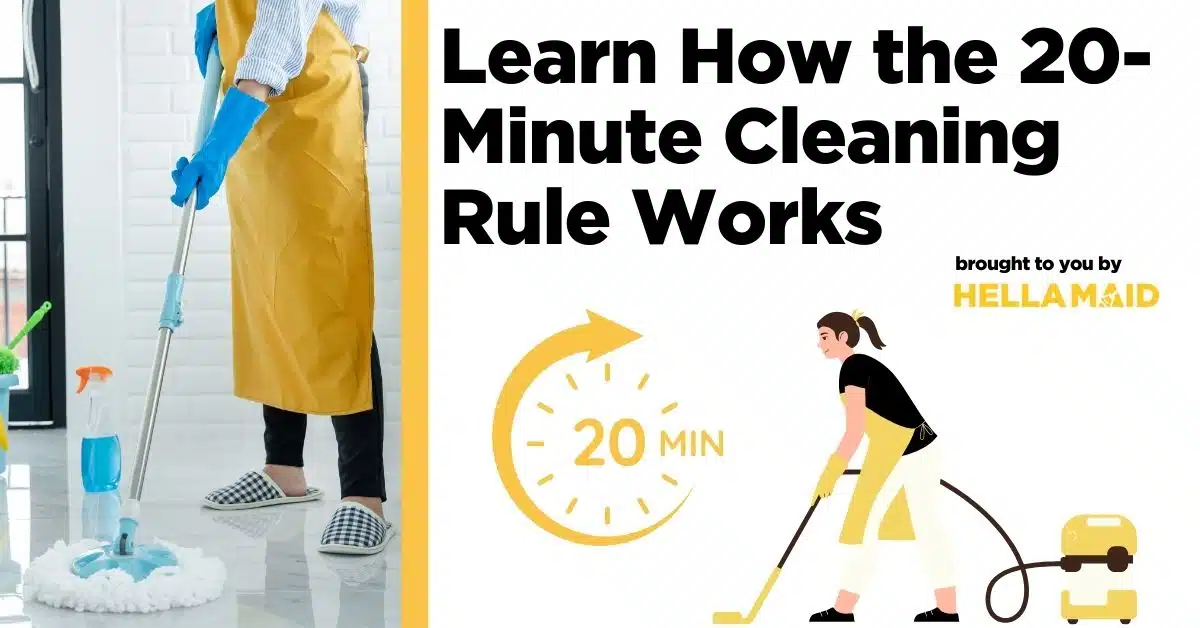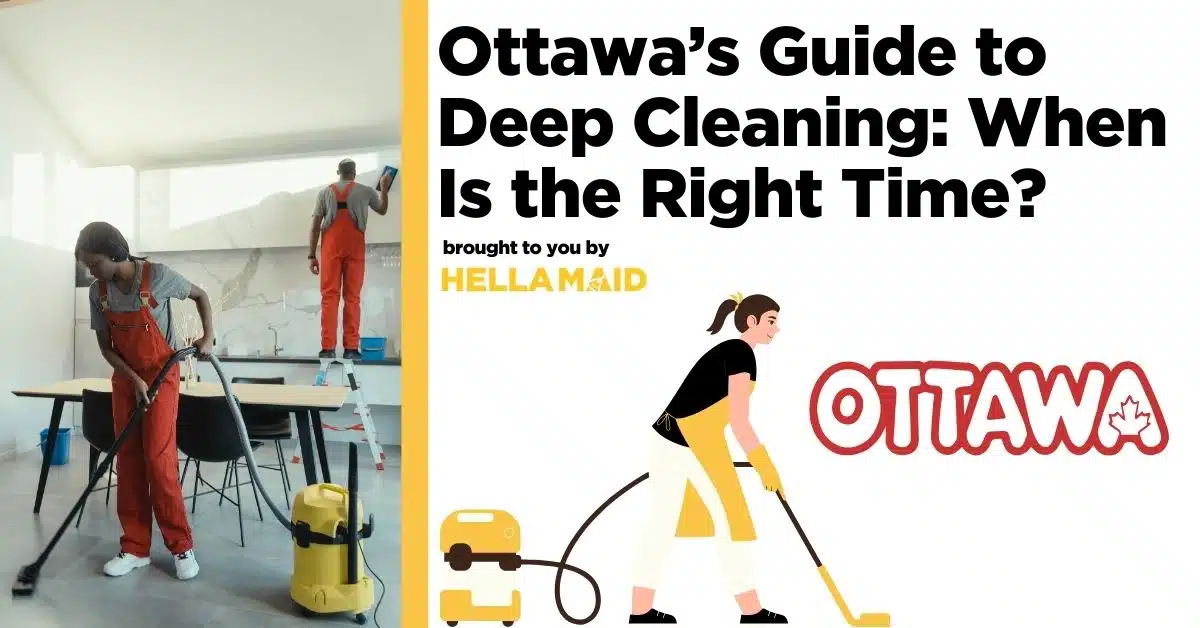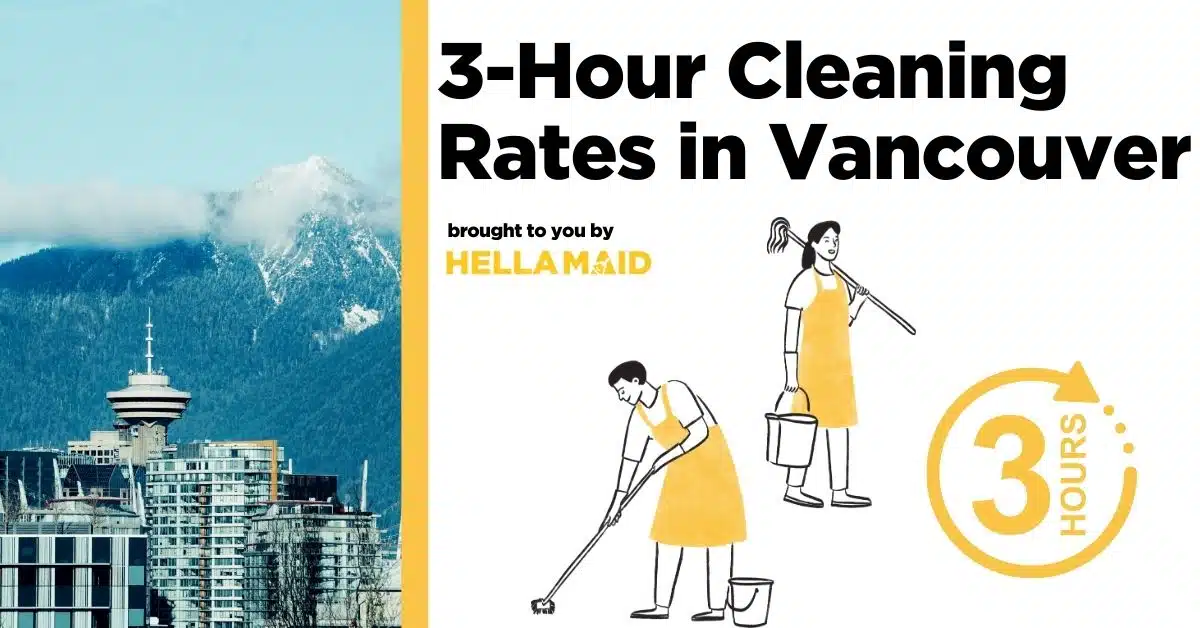Key Points
- Move-out cleaning is necessary in almost every rental, helping tenants secure their deposit and landlords prepare the unit for the next occupant.
- Tenants are responsible for standard cleaning tasks, such as scrubbing kitchens, bathrooms, floors, and surfaces, while landlords handle deeper cleaning, repairs, and maintenance beyond normal wear and tear.
- Clear lease terms, communication, and professional cleaning services are the best solutions to avoid disputes and ensure both parties part on good terms.
Moving out of a rental property can feel overwhelming. Between packing boxes and coordinating logistics, cleaning often becomes a source of stress and confusion. Who should scrub the floors? Is deep cleaning required? These questions create tension between tenants and landlords.
Whether you’re a tenant preparing to move or a landlord managing turnover, knowing the rules saves time, money, and headaches. Let’s explore the cleaning responsibilities that matter most when ending a tenancy.
Is Move-Out Cleaning Necessary?
Yes, move-out cleaning is necessary in almost every rental situation. A clean property benefits both sides:
- Tenants want their security deposit back.
- Landlords need to prepare the unit for the next occupant.
The cleaning requirement exists to return the property to its original condition. Although, this doesn’t mean professional-level deep cleaning in most cases. It means removing your belongings, cleaning surfaces, and addressing any messes you created during your tenancy.
Tenant Responsibilities in Move-Out Cleaning
As a tenant, you have specific duties when you move out. These are often outlined in your lease agreement. Knowing these can save you a lot of hassle.
A. Standard Cleaning Tasks
Standard move-out cleaning involves a comprehensive scrub-down of the entire unit. It’s about returning the property to the condition it was in when you moved in, minus normal wear and tear.
- Kitchen: Clean all appliances inside and out. This includes the oven, microwave, and refrigerator. Wipe down all counters and cabinets. Don’t forget to scrub the sink and clean the floors.
- Bathrooms: Disinfect toilets, sinks, and showers. Scrub down the tub and tiles. Clean all mirrors and wipe down cabinets.
- Bedrooms and Living Areas: Vacuum all carpets. Sweep and mop all hard floors. Wipe down baseboards, doors, and window sills. Remove all cobwebs.
B. Lease Agreements and Deposits
Your lease agreement is the most important document here. It legally outlines your cleaning responsibilities. It also details the conditions for the return of your security deposit. It’s important to review this document carefully before you start cleaning. Some leases have specific clauses about what “clean” means. Others might mention professional cleaning services.
C. What Happens if Tenants Don’t Clean
Failing to clean the property properly can have consequences. The most common is the loss of some or all of your security deposit. Landlords can use the deposit to cover the cost of cleaning. This can be more expensive than if you had done the cleaning yourself.
For example, a study by the National Apartment Association found that move-out costs, including cleaning, were the most common reason for deposit deductions.
Landlord Responsibilities in Move-Out Cleaning
Landlords also have their own set of responsibilities. It’s a two-way street. A good landlord provides a clean and safe environment from the start.
A. Providing a Clean Unit at Move-In
Landlords must provide a clean and habitable unit at the start of the tenancy. This sets the standard for the tenant’s move-out cleaning. A move-in inspection checklist is a good way to document the property’s condition. This protects both the landlord and the tenant. It provides a clear record to reference at the end of the lease.
B. Deep Cleaning and Repairs Beyond Normal Wear
Landlords are responsible for deep cleaning tasks and repairs. This includes things that are not the tenant’s fault.
- Carpet Cleaning: Deep carpet cleaning is often the landlord’s duty. This is especially true for stains from previous tenants or general wear.
- Repairs: The landlord is responsible for fixing things like leaky faucets or broken appliances. They also need to repaint walls and fix any damages that are beyond normal wear and tear.
- Pest Control: Landlords must handle pest infestations. This is a health and safety issue.
C. Following Provincial Regulations
Landlord and tenant laws vary by province in Canada. Landlords must follow these rules. For example, in Ontario, the Landlord and Tenant Board (LTB) has specific guidelines. Landlords cannot legally require tenants to use a professional cleaning service as a condition of their lease. They can, however, require the property to be clean.
Who’s Responsible for Move-Out Cleaning?
The short answer: both tenants and landlords share responsibility. Tenants handle general cleaning, while landlords address deeper maintenance and repairs.
Here’s a simple comparison table:
| Responsibility | Tenant | Landlord |
|---|---|---|
| Basic cleaning (normal mess) | ✓ | |
| Deep cleaning between tenancies | ✓ | |
| Damage beyond normal wear | ✓ pays costs | ✓ arranges service |
| Professional services | Sometimes | Usually |
| Common area maintenance | ✓ |
What’s The Best Solution to Avoid Argument on Who’s Responsible for Move-Out Cleaning?
The easiest way to avoid disputes is clear communication and documentation. Tenants should carefully read their lease, and landlords should outline expectations upfront.
Hiring a professional cleaning service is often the best solution. This ensures the property is spotless, avoids arguments, and makes the process stress-free for both parties.
Frequently Asked Questions
Here are more of commonly asked questions:
FAQ #1: What happens if tenants leave a property dirty?
If a tenant leaves a property dirty, the landlord can use the security deposit to pay for professional cleaning services. If the cleaning costs exceed the deposit, the landlord may be able to sue the tenant for the remaining amount. It is always better to clean the property thoroughly to avoid these issues.
FAQ #2: Who pays for deep cleaning after a long tenancy?
Typically, the landlord is responsible for deep cleaning tasks. This includes things like steam cleaning carpets or cleaning air ducts. These are considered part of the routine maintenance of the property. Tenants are responsible for general cleaning to remove dirt and grime from their stay.
FAQ #3: Can landlords require professional cleaning services?
While a landlord can’t legally require you to hire a professional cleaning service as a condition of your lease, they can require the property to be professionally clean. This means the standard is high. If you’re not confident in your cleaning skills, hiring a professional is a good idea.
However, a lot of landlords prefer their tenants to hire professional cleaners to ensure the unit is ready for the next tenant.
Conclusion
Move-out cleaning isn’t just a chore, it’s a key step in protecting deposits, ensuring fairness, and maintaining a good rental relationship. Both tenants and landlords have their part to play, guided by lease terms and provincial regulations.
Leave on Good Terms with a Sparkling Home
Leaving a home in great shape shows respect and helps you part on positive terms. If you want peace of mind, consider booking Hellamaid for your top-rated professional cleaning needs. Our trusted team ensures your home shines, helping tenants secure their deposits and landlords welcome new renters with confidence.
Book your move-out cleaning with Hellamaid today and leave on the brightest note possible!

